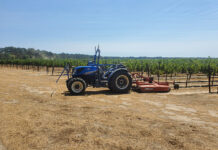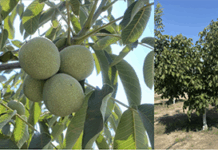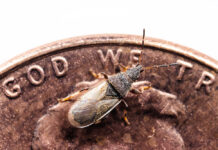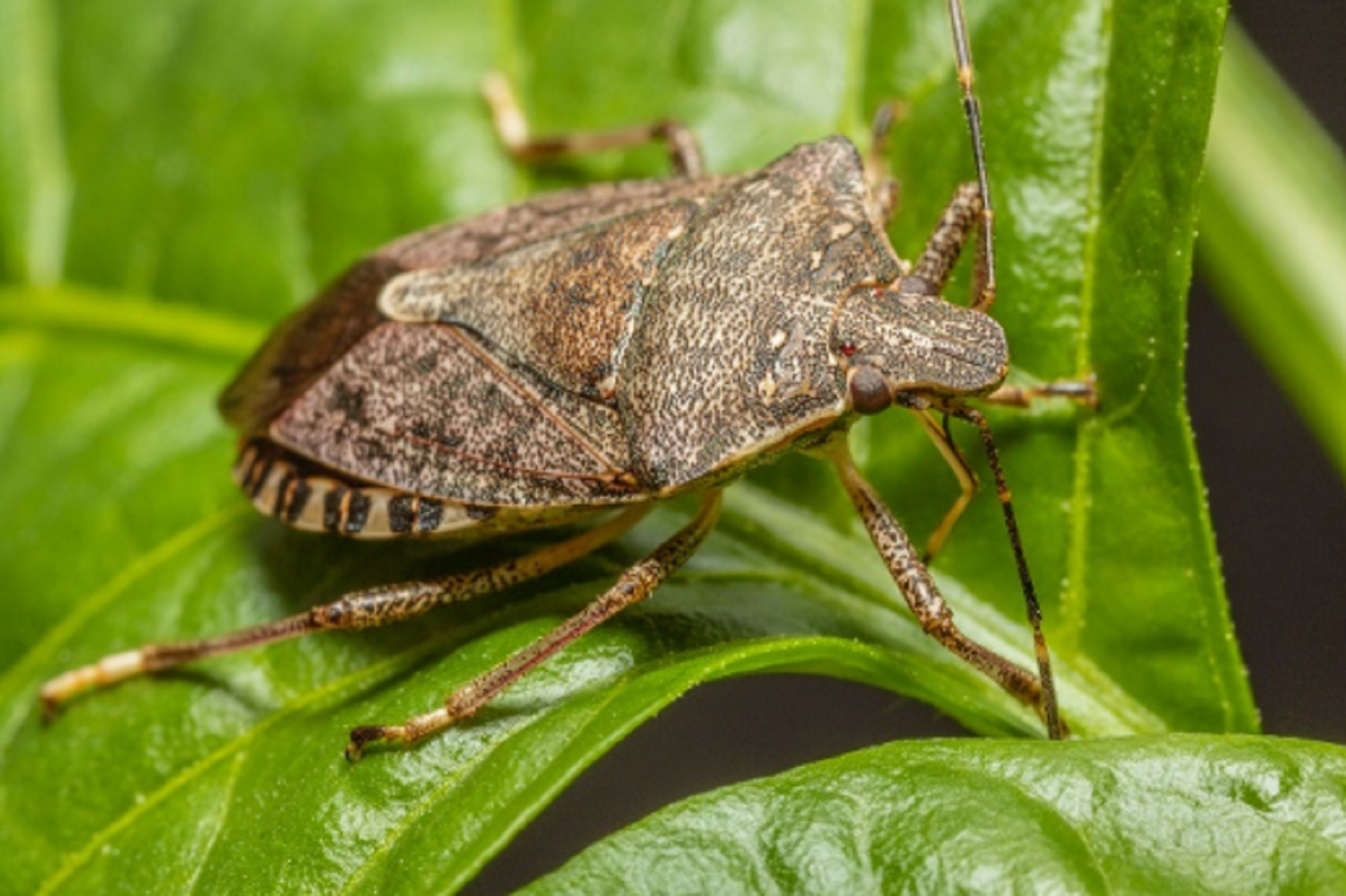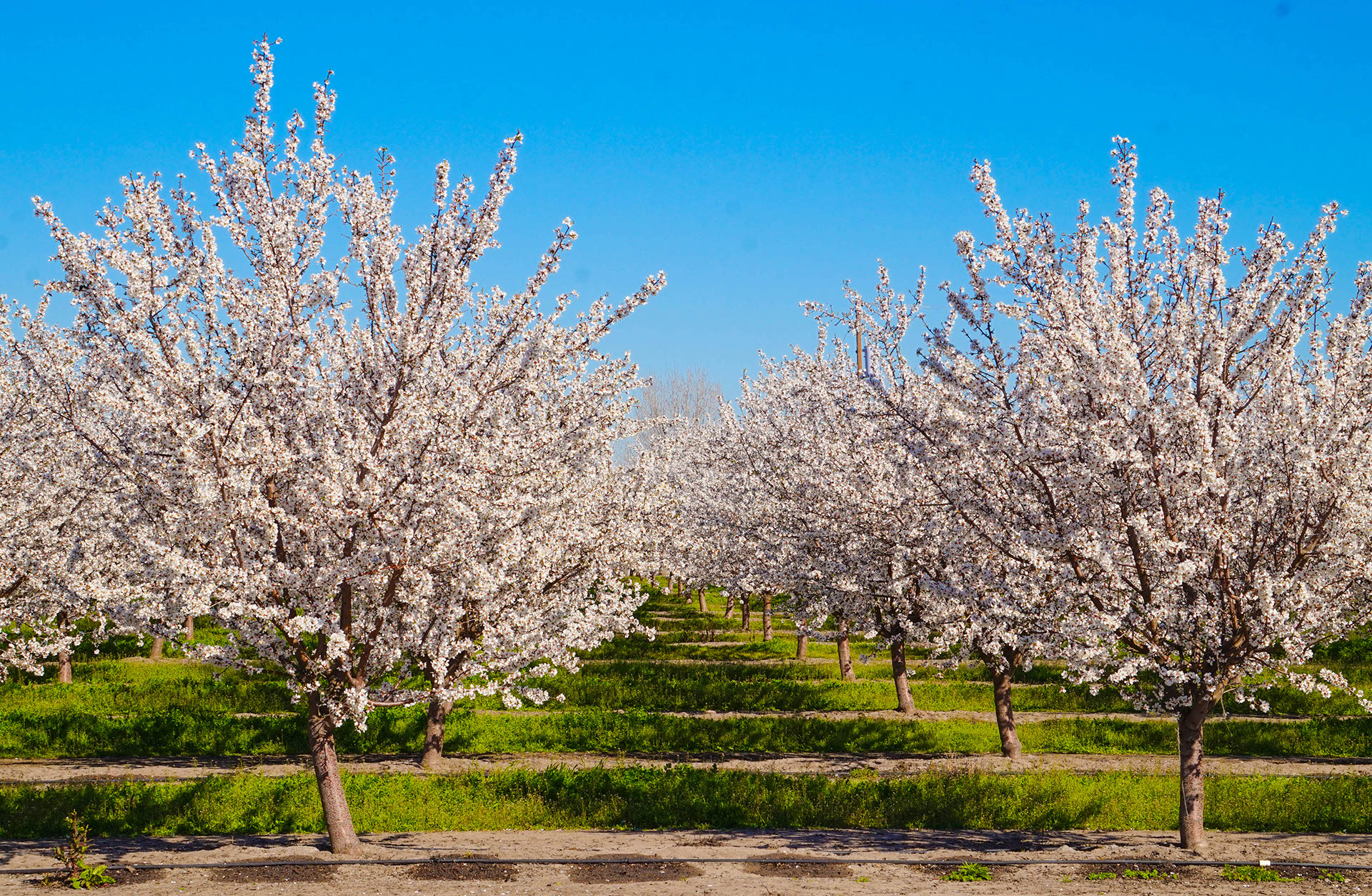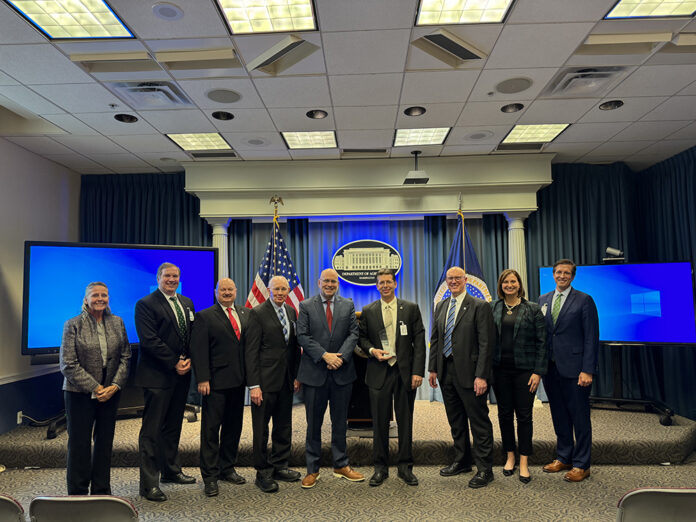
In early December 2023, Russell Taylor received the 2023 Certified Crop Adviser Conservationist of the Year Award in a ceremony in Washington, D.C., hosted by USDA. The CCA Conservationist of the Year Award recognizes a crop advisor who has demonstrated leadership in conservation within the agriculture industry.
Taylor is a CCA and vice president of Live Earth Products, Inc., which mines and manufactures humic and fulvic acid-based products. To him, conservation in ag means doing more with less.

“Agriculture is going to deal with the human population doubling by 2050,” Taylor said. “And how will we do that with the same amount of resources? That’s going to be using the same amount of water and the same amount of land, or even less land due to loss to development, to feed that growing population. So as somebody who’s looking at conservation, we need to maximize our output and make better use of our inputs.
“Conservation is also reshaping the rules that prevent farmers from accessing products and information that aid in conservation,” he said. “So, getting CCAs’ and researchers’ expanded knowledge is essential to accomplish the goal of helping [growers].”
Taylor has contributed to the conservation movement for years through various educational avenues. He advocates for using humates to reduce fertilizer loss and add organic matter to the soil to improve conservation. He’s also worked with states and the federal government to change rules restricting label claims and products growers can use.
“Some of the rules we’re working under are 1950s laws,” Taylor said. “And through agricultural advancement, we have new technologies that these old laws don’t cover. So, the laws were written for DDT and pesticides, and that was it. No other beneficial crop inputs like plant biostimulants were included.
“The efforts that both me and many individuals within the regenerative agriculture and the biostimulant communities have worked hard toward is just changing these rules.”
While receiving the award, Taylor got the chance to speak with multiple leaders in the ag industry about conservation, including USDA NRCS’ national nutrient management specialist and national agronomist as well as members of the Senate and House Ag committees. Reflecting on these conversations, Taylor agreed that in terms of conservation, the ag industry is headed in the right direction.
“You see the grind on the news about Congress and how things aren’t getting done,” Taylor said. “Then you go meet with those in the Ag committee, and it’s a lot of positivity because we’re making significant changes.
“There’s a lot of positivity going on… we’re doing great things.”
USDA-Natural Resources Conservation Service, Agricultural Retailers Association, American Society of Agronomy, CropLife America, Crop Science Society of America, National Association of Conservation Districts, National Association of State Departments of Agriculture, Soil Science Society of America and The Fertilizer Institute all came together to recognize the CCA Conservationist of the Year award.
“You’ve got multiple industry groups and federal agencies working together to recognize this award, so it is a big deal,” Taylor said. “The Conservationists Award is a collaboration of the leading conservation groups in agriculture.”
Taylor encouraged others within the ag industry to support the conservation movement where possible, highlighting the Plant Biostimulant Act as an important measure. The Plant Biostimulant Act, authored by U.S. Representative Jimmy Panetta (D-CA-20) and introduced with Rep. Jim Baird (R-IN-4), “would create a uniform process for approving commercial plant biostimulant use and require more federal research on the technology’s benefits for soil health,” according to a press release on Congressman Panetta’s website.
“The No. 1 thing a grower could do is contact a congressman and say, ‘I support this. Please get it in the farm bill,’” Taylor said.





